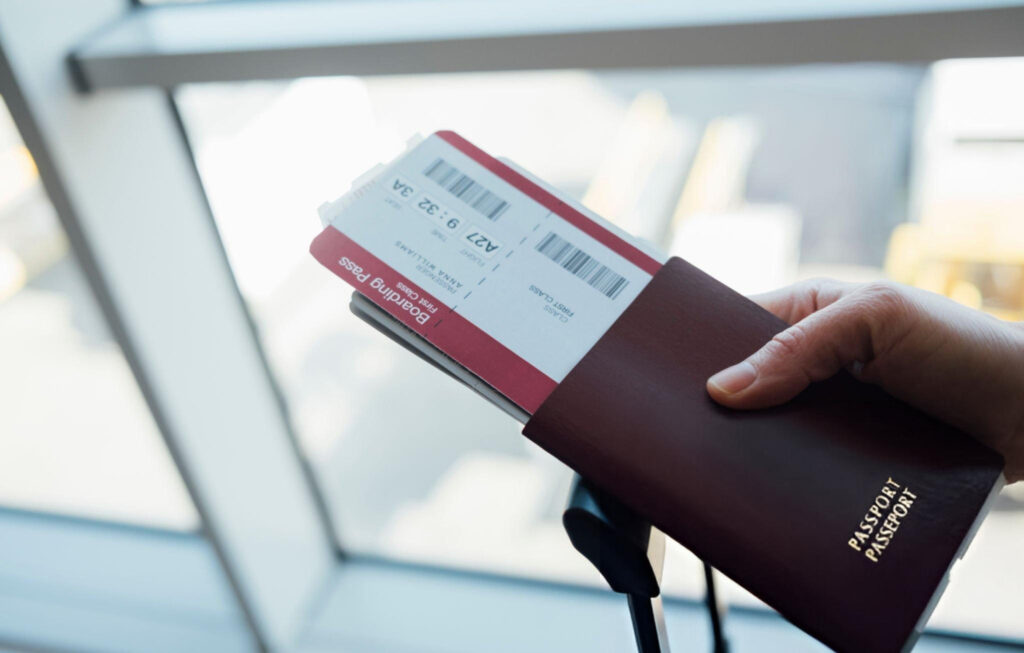In the 1980s, a time of big dreams and bold business ventures, American Airlines offered an incredible, almost fantastical deal—a lifetime, unlimited first-class ticket. It was a dream for anyone who had ever wanted to jet-set across the globe without a second thought. For Steven Rothstein, an investment banker from Chicago, this wasn’t just a dream; it was his reality. Rothstein spent $250,000 on a ticket that would grant him the freedom to fly anywhere, anytime, forever. But what started as a thrilling, boundless journey would ultimately lead to an unexpected clash with one of the world’s largest airlines.
The AAirpass: How It All Began
In 1981, American Airlines faced financial struggles and brainstormed ways to stay competitive and generate quick cash. They introduced the AAirpass program, allowing customers to purchase lifetime, unlimited travel for a one-time fee. The price tag was high—$250,000 for a solo pass and $350,000 for a pass with a companion ticket. But for frequent flyers and globe-trotters like Rothstein, it was an investment worth every penny.
Steven Rothstein’s New Life in the Sky
Once Rothstein had the AAirpass in hand, he didn’t hold back. He began flying everywhere—New York, London, Los Angeles, even Tokyo—for business, leisure, and sometimes, just because he could. The AAirpass gave him an almost surreal level of freedom, turning the world into his playground.
Rothstein didn’t just fly for his own needs; he extended his good fortune to others. With his companion pass, he brought along friends, family, colleagues, and even strangers he’d just met who needed to travel.
Some highlights of his incredible flying habits included:
- Booking flights just for a meal in another city.
- Flying friends and family members to places they’d only dreamed of visiting.
- Offering tickets to people he encountered who couldn’t afford airfare.
When “Unlimited” Comes at a Price
As Rothstein’s usage of the AAirpass soared, American Airlines began to feel the strain. Rothstein’s flights alone had reportedly cost the airline over $21 million by the 2000s. Stories of his extensive travel became legendary, and his ticket became one of American Airlines’ biggest financial burdens.
In 2008, however, Rothstein’s carefree flights came to a shocking halt. After years of freewheeling travel, he was informed that his AAirpass had been canceled. The airline claimed he had violated the terms of the ticket by booking and canceling “phantom flights” (presumably to hold seats for later) and improperly using the companion ticket—charges that Rothstein firmly denied.
The Legal Battle: A Fight for the Freedom of the Skies
Heartbroken, Rothstein challenged the airline’s decision. To him, his AAirpass was a contract—one that American Airlines had to honor, “no questions asked.” He filed a lawsuit, arguing that the airline had no right to take away what he had legally purchased.
However, American Airlines argued that Rothstein’s high-flying lifestyle was never the intended use of the AAirpass and that his usage was excessive. In court, his efforts ultimately failed, and he was left without his lifetime ticket.
Legacy of the AAirpass: A Pricey Lesson
Rothstein’s story spread far and wide, becoming a modern legend in the airline industry. The AAirpass was quickly discontinued for new customers as American Airlines recognized just how unsustainable the program was for ultra-frequent fliers. The company quietly tried to buy back tickets from other high-usage customers, ensuring no one else would ever take “unlimited” so literally again.
Closing: The Man Who Flew Too Close to the Sun
Steven Rothstein’s story is a mix of adventure, privilege, and corporate cautionary tale. It’s a story about what happens when a seemingly perfect deal meets someone willing to make the most of it—no matter how high the price may be. Rothstein might have lost his golden ticket, but his tale reminds us all of the power, and sometimes the danger, of a dream that’s just a little too good to be true.

